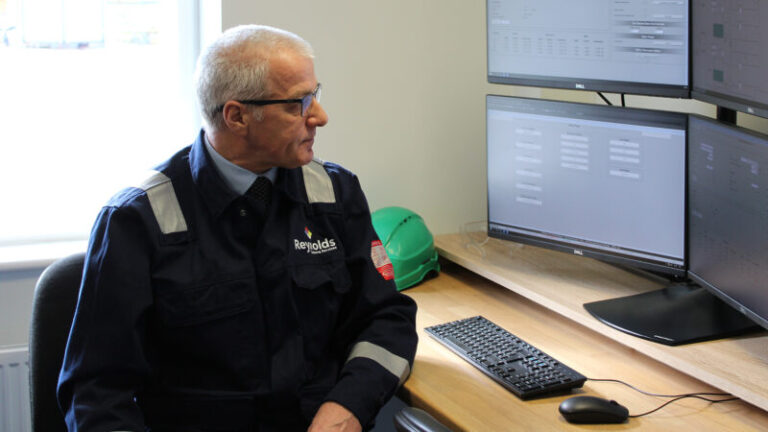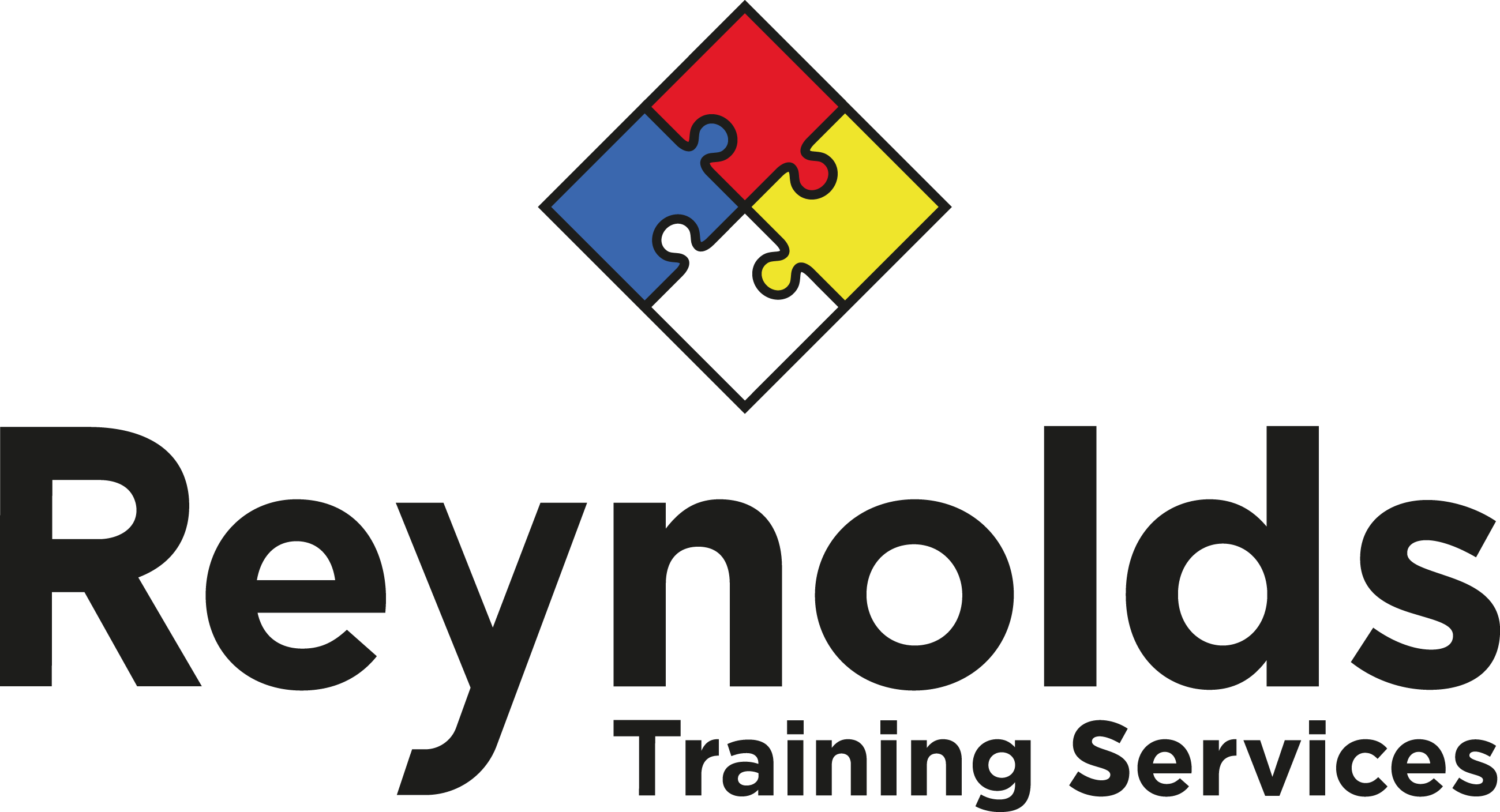Reynolds Training: Principles and Practice of Basic Process Control Systems (BPCS)


Courses Overview:
This course from Reynolds Training outlines the basic functionality, equipment essentials and physical attributes of a Basic Process Control System (BPCS). Detailing the principles and practice of control room operations in a fully emulated operational environment.
Course price:
£ 2,500.00 EX VAT
The course is designed to outline the functionality, equipment essentials and physical attributes of a Basic Process Control System (BPCS). This unit encompasses the knowledge and understanding required for the learner to achieve an awareness level familiarity with automated and programmable logic control systems.
It outlines the general system construct, operational basics, and physical field equipment essential for automatic control and data acquisition within a ‘high hazard’ downstream fuels operational environment.
Learning is undertaken at National Centre for Process and Manufacturing (NCPM) – our emulated tank storage and process facility, that utilises two operating systems and Emerson Delta V and Honeywell Entis Experion. These can be configured to run independently or as two unique operational stations – importing or exporting product as batch or continuous operations.
Who is this course for?
Control Room Operators / Fuel Supervisors, Operations Managers, who will be operating or supervising process operations within a control room environment.
Duration:
10 Days
Prerequisites:
Working within a process operations environment within the high hazard industries.
Basic Process Control System (BPCS) is a system which handles process control and monitoring for the facility. It will take inputs from sensor and process instruments and provide output to field equipment based on control functions, in accordance with approved design control strategy. Typically, Basic Process Control System (BPCS) performs the following functions:
- Controls the process within pre-set operating conditions
- Optimises plant operation to maintain product quality
- Attempts to keep all process variables within their designed safety limits / safe operating envelope
- Provides operator interface for monitoring and control via operator console / station
(Human Machine Interface)
- Provides alarm / event logging and trending facilities
- Generates production data reports
Basic Process Control System (BPCS) is also considered as one of the ‘process safety layers’ preceding Safety Instrumented System (SIS) within a facility.
- Be aware of the principles of a ‘Safe Operating Envelope’
- Be familiar with the general system construct, operational basics, and physical field equipment of a ‘Basic Process Control System (BPCS)’
- Explain the basic philosophy of control loops, independent layers of protection and ‘Safety Instrumented Systems’ (SIS) functionality (Including overfill protection and ROSOV)
- Identify and demonstrate the essential requirements for remote communication between Field Operators and Control Room Operators and information acquisition
- Demonstrate physical recognition and functional requirement of the control interface systems, instrumented devices, and field equipment

TRAINING FOR A LIFE-LONG CAREER
This course is just one step in a long career in the Tank Storage and Process industries. We offer a wide range of courses that can help your career progression in whichever avenue you are pursuing.
Learning Advisors:
We provide guidance on your career pathway with advice on relevant courses and how you can access them.
For more info on your progression, get in touch with your Learning Advisors: Karon Reynolds and Mollie King.
Reynolds Training Services Ltd
Technical Training Centre
CATCH Facility
Redwood Park Estate, Stallingborough
North East Lincolnshire
DN41 8TH

Lead Tutor: Alan Oxborough
Working with Reynolds Training since 2011, Alan has the richest of backgrounds in operations and mantenance and blends this seamlessly with an ability to convey fundamental prinples and beyond to any audience.


